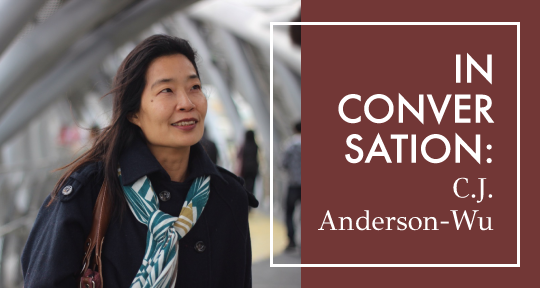As the world slowly reopens to possibilities made anew by the subsiding of pandemic restrictions, our editors are bringing you the latest from a summer of potentialities. In Argentina, bookstores are spotlit for their role in creating cultural spaces and dialogues, and virtual stages take full opportunity of their wide reach. In Europe, a Belgian festival dedicated to avant-garde poetry is proceeding at full speed, and new and noteworthy publications are hitting the shelves. In Sri Lanka, annual literary forum New Ink debates the definitions and reach of their national literature. Our editors are here with the full scoop!
Allison Braden, assistant blog editor, reporting from Argentina
The Feria de Editores is now accepting entries for its Bookstore of the Year award; the organization, which will host its annual festival of independent publishers on October 1-3, seeks to recognize the work of booksellers throughout Argentina, acknowledging that their cultural and curatorial role goes far beyond merely selling books. The prize, open to all bookstores that have been open at least one year, will honor a shop whose leaders and employees have worked tirelessly to promote intercultural exchange both inside and outside its physical space. “Bookstores,” says the invitation to enter, “are a focal point for fostering local culture and connection to international thought.”
Bookstores in Argentina and beyond will soon stock commemorative editions of Eduardo Galeano’s Open Veins of Latin America, a book of profound influence on international thought about the legacy of exploitation in the region. Galeano, a journalist and novelist who hailed from across the Río de la Plata in Montevideo, Uruguay, published the work in 1971, when authoritarian regimes on the continent still held sway. The book was banned by some, and even Galeano eventually came to think of it as poorly researched and written, but it nevertheless became a leftist classic with enduring appeal: It’s been translated into more than a dozen languages and shot to number six on Amazon’s best-sellers list after Venezuelan President Hugo Chávez gave a copy to U.S. President Barack Obama. In Argentina, the book’s fiftieth anniversary has provoked reflection on the relevance of Galeano’s thesis today.
Fundación Andreani, an organization that promotes cultural and educational programs to improve quality of life, and Universidad Nacional de las Artes joined forces this month to launch Paraísos Artificiales. Antología de poesía en la web (Artificial Paradises. Online poetry anthology). The series celebrates the web’s potential for creative freedom and brings attention to digital poetry and “technopoetics.” The first season, released this month and inaugurated with a virtual presentation, consists of three episodes, which focus on artists with various approaches to visual poetry: Rafaël Rozendaal, Ana María Uribe, and Belén Gache. The series is fuel for the Feria de Editores claim that cultural influence, especially in the age of Zoom, goes far beyond bookstore walls. READ MORE…


